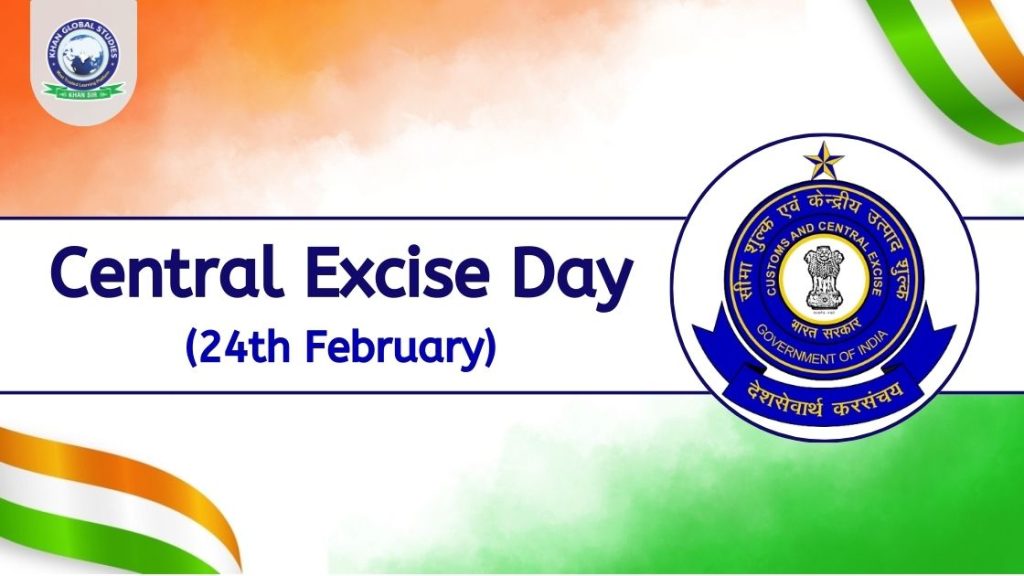Central Excise Day is celebrated every year on 24th February to commemorate the Central Excise and Salt Act, which was enacted on 24th February 1944. Know below what this day means and what is the meaning of this day.
This day is observed to acknowledge and appreciate the efforts and services of the Central Board of Indirect Taxes and Customs (CBIC). It is celebrated to celebrate every officer of CBIC who works day and night to keep a check on corruption in the country. It is also an incredibly important day as it not only honours the efforts of every member of the Central Board of Indirect Taxes and Customs but also commemorates the Central Excise and Salt Act, which was established in 1944. And since then it has become an incredible one. Important aspects of customs and traditions in India.
Why is Central Excise Day celebrated?
The day honours the contribution of the Central Board of Indirect Taxes and Customs (CBIC) and its associated officers and their services in the country. This day also encourages officers to perform their duties with utmost sincerity. Every year, officials perform their duty to check the corruption of goods from the manufacturing sector.
The Central Excise Department plays an important role in the country’s industrial development. The tax system has been reformed and the use of technologies has also been increased by the Ministry to ease tax payment.
The objective of celebrating this day is also to tell the people of the country about the importance of the Central Board of Excise and Customs. Many programs are organized by the Board on this day, including seminars, workshops, educational and cultural programs, awareness programs, competitions and award ceremonies.
Important facts of Central Excise Day
This day is celebrated every year on 24 February to commemorate the Central Excise and Salt Act, which was amended to become part of the Constitution of India in 1944. Both these Acts were passed to incorporate and amend laws relating to excise and customs duties. Already prevalent in Indian society. It was a consolidated version of 11 Acts relating to excise duty. In later years this Act was renamed as the Central Excise Act 1944. The first two schedules of this Act laid down the set of rules regarding increasing and decreasing the rates of duties.
This Act created a separate post for officers who would be involved in collecting duties as prescribed under the official draft of the Act. This function of collecting excise duty and keeping track of customs duties and its follow-up schemes was under the jurisdiction of the Central Board of Indirect Taxes and Customs.
About Central Board of Indirect Taxes & Customs (CBIC)
It is a part of the Revenue Department under the Finance Ministry of the Government of India. The functions performed by it relate to the recovery and collection of Customs, Central Excise, Central Goods and Services Tax and IGST, prevention of smuggling and administration of matters relating to Customs, Central Excise, Central Goods and Services Tax, and IGST. A policy has to be made. Narcotics come under the purview of CBIC to some extent.
For its subordinate organizations, the Board is the administrative authority and includes the Custom House, Central Excise and Central GST Commissionerate and the Central Revenue Control Laboratory.
FAQs
Question: When is Central Excise Day celebrated?
Answer: 24th February.
Question: What acts were commemorated on February 24?
Answer: Central Excise and Salt Act.
Question: When was Central Excise Day celebrated for the first time?
Answer: February 24, 1944.
Question: Who established the first Central Excise Agency of India?
Answer: British.
Question: When was the name of the “Central Excise Act” changed to “Central Excise and Salt Act”?
Answer: 1996.
Question: What was the original name of the Indian Customs and Central Excise Department?
Answer: Customs, Excise and Tobacco Department.




